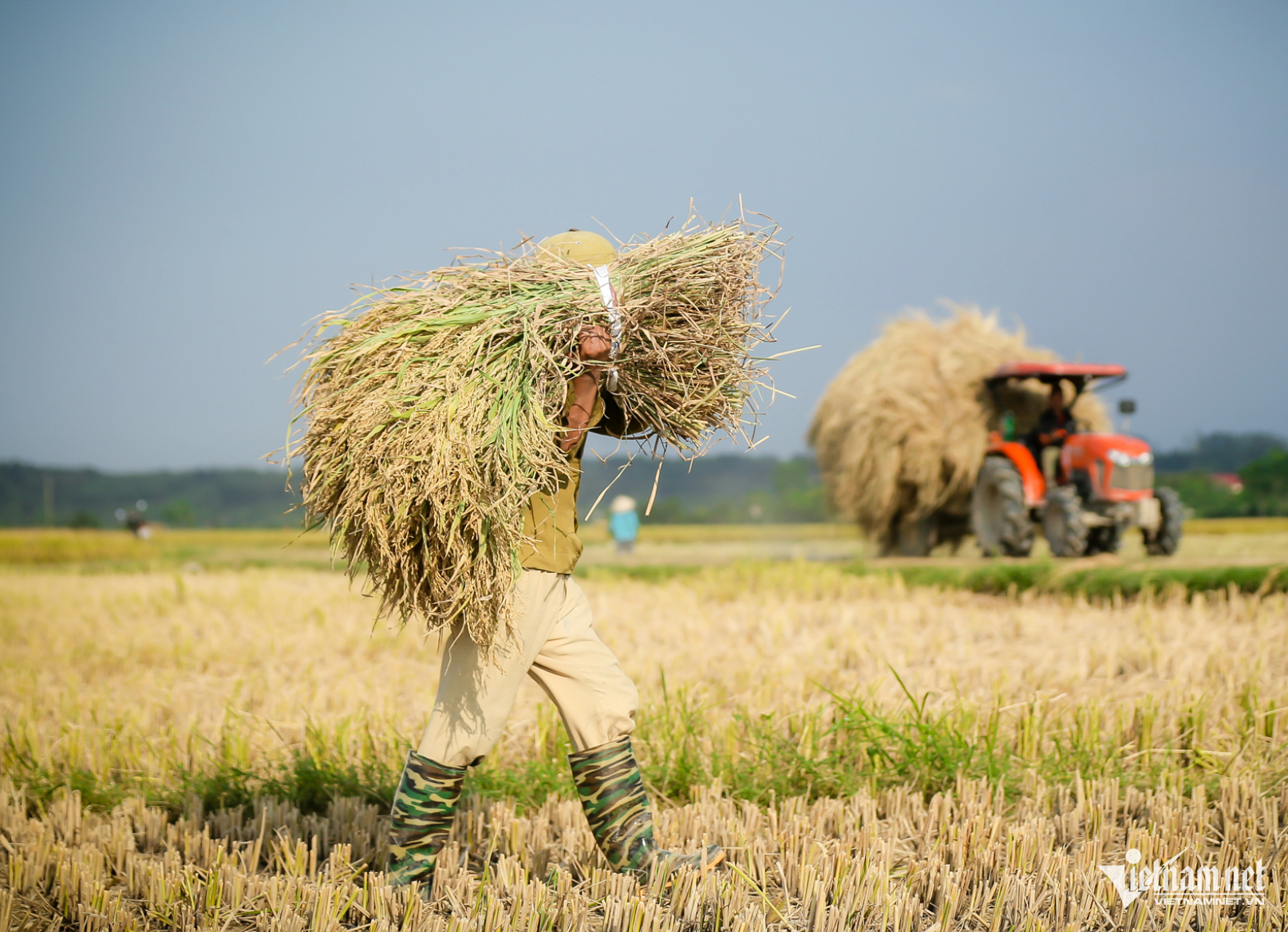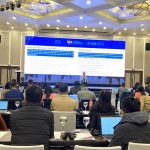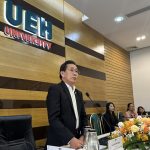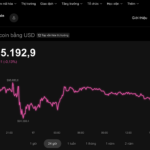Carbon Credits Valued at $20 Each
At the seminar “Carbon Credits and Human Resources for the Carbon Credit Market” on August 16th, Mr. Le Hoang The, Director of VOS Harvest Bio-Agricultural JSC, suggested that people need to change their perception of carbon dioxide (CO2) and see it as a “friend” and a source of long-term, sustainable income.
Carbon, he argued, is an essential element for life on Earth, and it can be found in various forms, such as in trees or in the soil before being released into the atmosphere. “Carbon doesn’t disappear; it merely transforms from one form to another,” emphasized Mr. The, stressing the need to turn this understanding into a source of income that stabilizes livelihoods.
GS.TS Vo Xuan Vinh, Director of the Institute of Business Research, highlighted the significant advantage that Vietnam’s agricultural sector holds in joining the domestic and international carbon credit markets. He provided an example from 2023, when Vietnam successfully sold 10.3 million carbon credits through the World Bank at $5 per ton, generating $51.5 million in revenue.
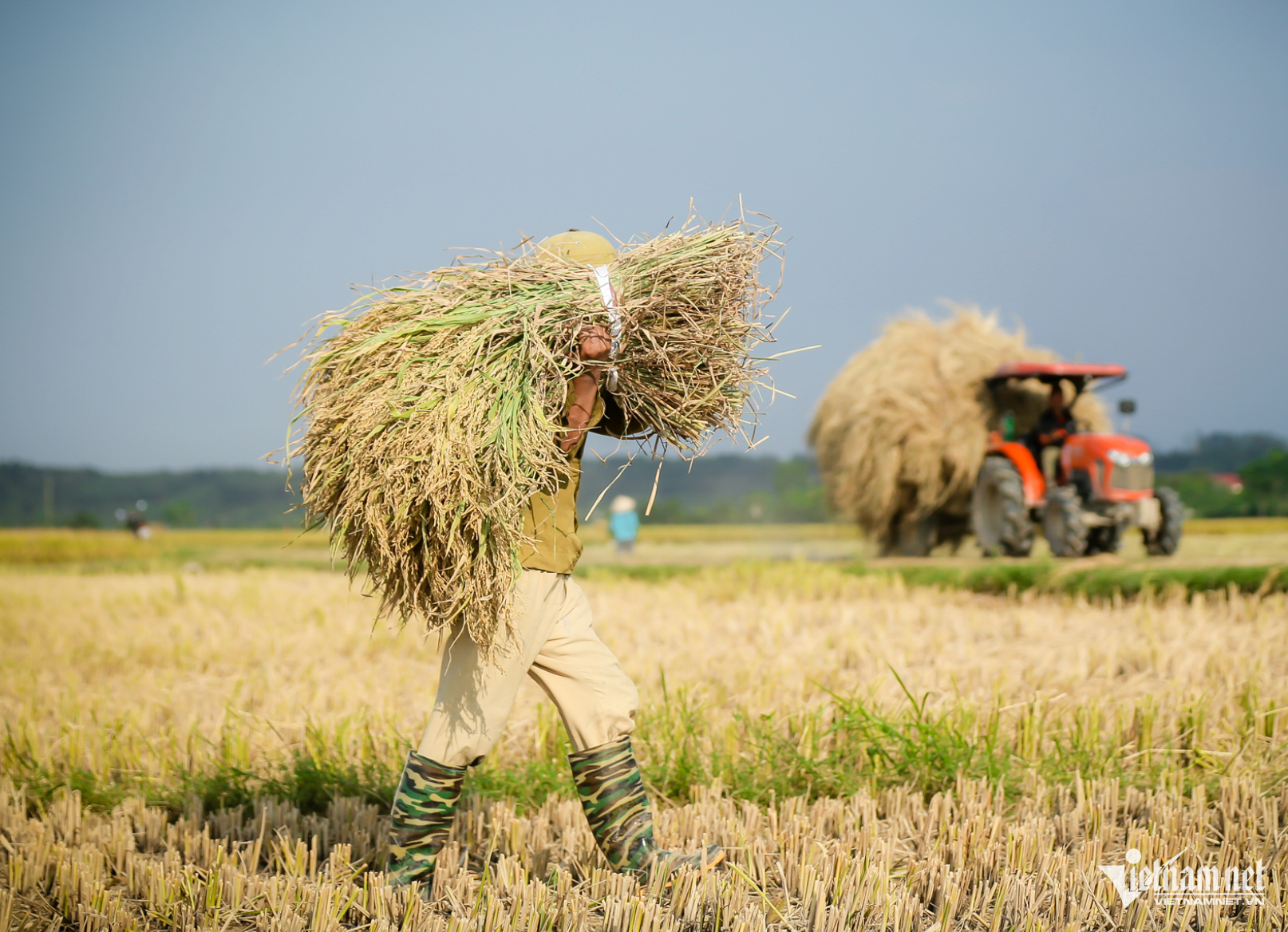
The Mekong Delta is piloting a project on 1 million hectares of high-quality, low-emission rice cultivation. Photo: Ho Hai |
Mr. Vinh expressed his hope for Vietnam to actively engage in the global market, aiming to sell an additional 5 million credits in the next two years, bringing the total to 25 million. He emphasized the potential of Vietnam’s forest carbon absorption and storage services in the coming years.
Dr. Tran Minh Hai, Vice Rector of the School of Public Policy and Agricultural Development in the Mekong Delta, shared that the Department of Crop Production (MARD) and the Institute of Agricultural Environment are working together to establish an MRV system for selling rice carbon credits. Additionally, MARD is collaborating with the Transformational Carbon Asset Facility (TCAF) to value carbon credits at $20 each.
By following the prescribed procedures, farmers can reduce emissions by 30%, equivalent to 2 carbon credits, resulting in an economic benefit of VND 960,000. However, Dr. Hai noted that the project’s primary economic benefit is not just from selling carbon credits but also from reducing input costs through more efficient production processes.
He further cautioned that while participating in the carbon credit market in the rice sector is important, it should not be pursued at any cost. Instead, the focus should be on implementing sustainable and correct production processes that benefit both farmers and the agricultural economy in the long term.
Human Resources Needed for the Carbon Credit Market
Dr. Tran Dai Nghia, Head of the Economics, Finance, and Natural Resources and Environment Division, explained that to voluntarily sell carbon credits, a country must generate a surplus of carbon beyond its NDC – the voluntary commitment made by each country.
He pointed out that there are three international evaluation systems, but only two are applicable in Vietnam: the emissions trading system and the carbon credit mechanism. Currently, Vietnam primarily engages in the voluntary carbon market, which is the easiest to enter but comes with evaluation deadlines. If these deadlines are missed, the system automatically resets the carbon credits to zero.
With a pilot carbon credit exchange expected to be established in 2025, Mr. Le Hoang The emphasized the urgency of training a professional brokerage force for carbon trading. He suggested that businesses intending to enter the carbon credit market should prepare a workforce knowledgeable in carbon inventory, declaration, and related matters.
Low-carbon economic development: The “must-haves” for achieving a circular economy.
With a commitment to achieving net-zero emissions in Vietnam by 2050 and a commitment to combating deforestation in accordance with the EU Forest Law Enforcement, Governance and Trade (FLEGT) regulations by the end of 2024, we aim to move towards a low-carbon economy, paving the way for circular economic development for businesses.
Businesses Lack Understanding of ETS and Carbon Market
Only 57.38% of businesses are currently preparing to build a greenhouse gas emission reduction plan, nearly 28% already have a greenhouse gas emission reduction plan, over 50% of businesses have heard of ETS and the carbon market but are not familiar with the basic operating principles, only 1.27% of businesses understand how ETS and the carbon market work…
Ho Chi Minh City offers unique advantages for developing the voluntary carbon credit market
The voluntary carbon market is considered to be one of the key tools in ensuring the fulfillment of commitments in reducing greenhouse gas emissions by 45% by 2030 and achieving net-zero emissions by 2050. Participating in the voluntary carbon credit market presents numerous opportunities and challenges for Ho Chi Minh City.

